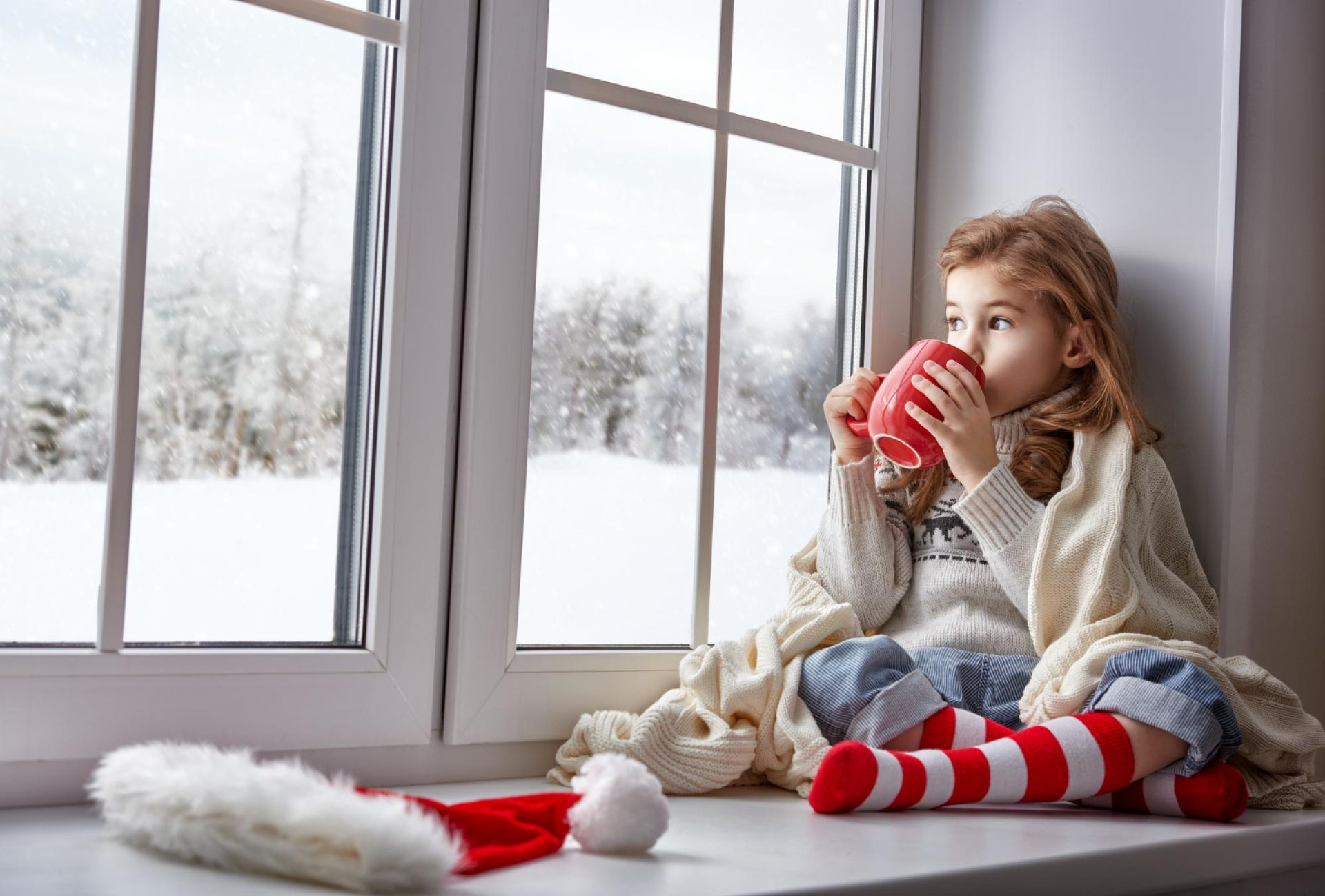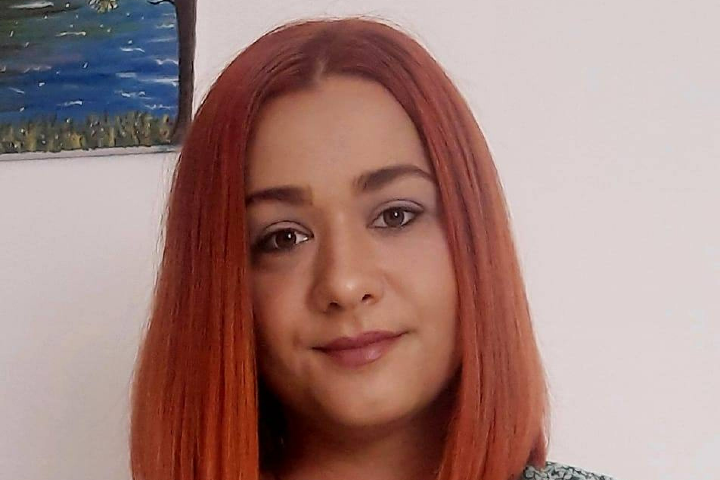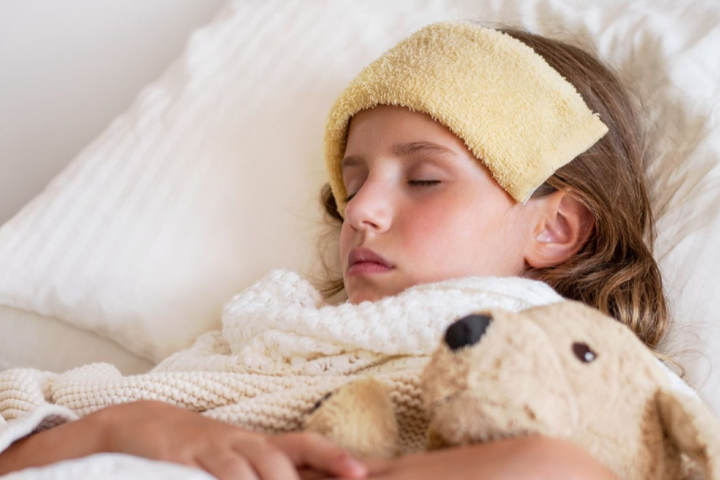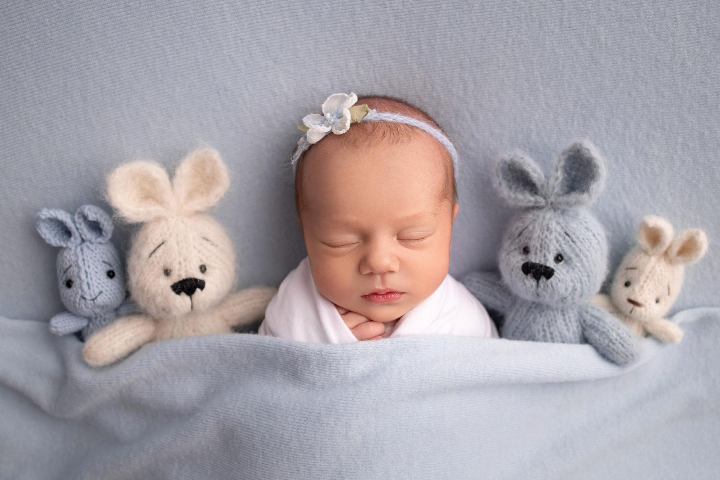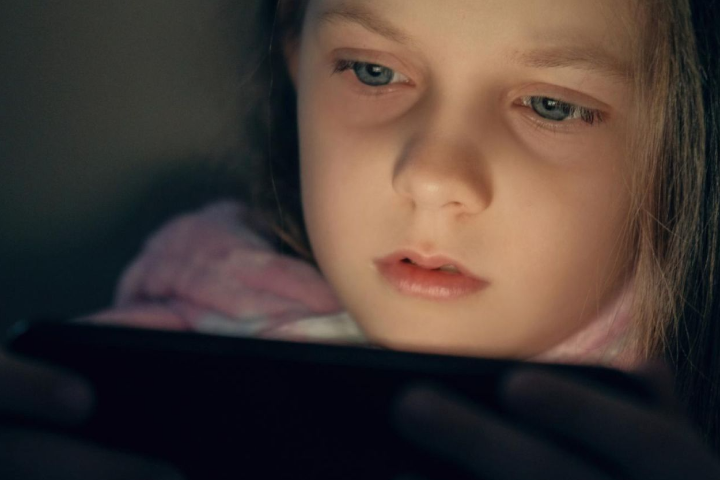What is a cough?
Coughing is a natural reflex reaction of the body to keep the
airways clear. It occurs because of a condition such as asthma or a respiratory
infection, or if there is difficulty swallowing. Coughing helps the body heal
and protect itself. In the following lines, we offer you some essential
information about coughs and, especially, about coughs in children. If you need
to talk to an experienced paediatrician
about your child's cough, a remote consultation is a click away here on the
platform.
What are the types of cough?
There are many types of cough. Some of the names for coughs
describe how long they last, while other types describe how they feel or sound,
and other types are actually conditions.
Types of cough according to duration
Acute cough
It starts suddenly and lasts two to three weeks.
Subacute cough
It is what remains after an infection and lasts three to eight
weeks. It is also called residual cough.
Chronic cough
It lasts more than eight weeks. A long-lasting cough can also be
called a persistent cough.
Refractory cough
It is a chronic cough that has not responded to treatment.
Depending on the mucus, the cough can be:
Productive cough
It is a cough that produces mucus or phlegm.
Dry cough
It is a dry cough that does not produce mucus or phlegm
Cough in children
Cough is a very common problem in children, one of the most
common symptoms of childhood diseases. Coughing can sound awful, but it's
usually not a sign of a serious condition. In fact, coughing is a healthy
reflex that helps protect the airways in the throat and chest.
The most common cause of a cough is a respiratory tract
infection, such as a cold. Young children typically have 6 to 12 respiratory
tract infections per year, most often caused by viruses.
Antibiotics do not help coughs caused by viruses. Sometimes
children can cough for many weeks after a viral infection - this is called a
residual cough, and again antibiotics are usually not helpful.
Occasionally, a cough can be caused by a bacterial infection in
the throat or chest. In these cases, antibiotics may be prescribed by a doctor
to treat a bacterial infection.
Types of cough in children
The most common types of cough encountered in children are:
• "Barking"
cough
• Convulsive
cough
• Wheezing
cough
• Cough
at night
• Cough
during the day
• Cough
with fever
• Cough
with vomiting
• Durable
(persistent) cough.
• hoarsely
cough
Sometimes a cough needs a doctor's care. Understanding the
different types of coughs can help you know when to treat them at home and when
to make an appointment with your pediatrician.
"Barking" cough
Most of the time, a "barking" cough comes from
inflammation of the larynx and trachea. Young children have small airways that,
if swollen, can make breathing difficult. This kind of cough can start
suddenly, often in the middle of the night. Most babies with croup will also
have stridor, which is loud, rough breathing that happens when the baby
breathes in.
Convulsive cough
Whooping cough is a respiratory infection caused by the bacterium
Bordetella pertussis. Children with whooping cough or "whooping
cough" may have episodes of breathless coughing in between. Whooping cough
can occur at any age, but it is most severe in infants under 1 year who have
not had the vaccine for Bortedella pertussis infection, which is part of the
national vaccination scheme in Romania, being included in the hexavalent
vaccine. This type of cough is highly contagious, so all children should get
this vaccine as scheduled, ie at 2 months, 4 months and 11 months, with
boosters at 6 and 14 years.
Wheezing cough
When the child makes a wheezing sound when he exhales, this could
be a sign of lower airways from swollen lungs. A wheezing cough can occur in
conditions such as bronchial asthma or viral bronchiolitis. This type of cough
is also called wheezing and can also occur when the lower airways are blocked
by a foreign object. A child who starts coughing after inhaling something, such
as food or a small toy, should see an emergency doctor.
Nocturnal cough
In general, the cough is worse at night. When a child has a cold,
mucus from the nose and sinuses can drain into the throat and trigger a cough
during sleep. This is only a problem if the cough does not let the child sleep.
Asthma can also trigger nocturnal coughing because the airways tend to be more
sensitive and irritable at night.
Cough during the day
Cold air or activity can make coughing worse during the day. Try
to make sure that nothing in your home—such as air freshener, pets, or smoke
(especially tobacco smoke)—is making your child cough.
Cough with fever
A child who has a cough, mild fever and runny nose probably has a
common cold. But a cough with a high fever of 39°C or more can sometimes be caused by pneumonia, especially when the
child is weak and breathing fast. In this case, the child should be seen by a
pediatrician immediately.
Cough with vomiting
Children often cough so much that it triggers their gag reflex,
causing them to vomit. Also, a child who coughs while having a cold or an
asthma attack may also throw up if they have a lot of mucus that has leaked
into the stomach and causes nausea. This is usually not a cause for alarm
unless the vomiting does not stop.
Persistent (persistent) cough
Coughs from viral colds can last for weeks, especially when the
child has one cold right after another. Asthma, allergies, or a chronic sinus
or airway infection can also cause a persistent cough. When the child continues
to cough after 3 weeks, the pediatrician should be consulted.
When should you go to the doctor?
When the child has symptoms such as a high fever, difficulty
breathing, cannot drink liquids or has fewer wet diapers than usual.
Some types of residual cough may be present for many weeks after
the child has recovered from a respiratory tract infection such as
bronchiolitis. But if the cough lasts a long time and you are worried, schedule
a consultation with the pediatrician.
It should also be considered if the cough is productive and lasts
for 4 or more weeks, because this type of cough could have other causes.
Cough care at home
If, apart from the cough, the child has a good general condition,
it is unlikely that there is a serious cause for this, which allows the
treatment of the cough at home.
For this, you must take into account the following
recommendations:
• Cigarette
smoke will make the cough worse, so it's essential not to expose your baby to
smoke.
• Cough
medicines should not be used without a doctor's recommendation.
• There
is some evidence that honey can reduce the severity and duration of a cough. As
a short-term solution, one to two teaspoons of honey taken 30 minutes before
bed can be helpful for children older than 12 months. Honey should be avoided
in children under 12 months of age, as there may be a risk of a rare condition
called botulism, which causes muscle weakness.
Could it be asthma?
A child who has a persistent cough at night may have asthma. Children
with asthma usually have other symptoms, such as wheezing and shortness of
breath. Many children with asthma also suffer from allergies and eczema. If you
are concerned that you may have asthma, see your doctor for an examination,
specific tests and more information.
What is the treatment for cough in children?
Most types of cough are caused by viruses and just need to run
their course. Sometimes this can take up to 2 weeks. Doctors usually do not
prescribe antibiotics because they only work against bacteria.
Unless the cough keeps the child awake, cough medicine is usually
not needed. They may help a child stop coughing, but they do not treat the
cause of the cough. If you're using an over-the-counter (OTC) cough medicine,
talk to your doctor to make sure you're getting the right dose and that it's
safe for your child.
Do not use combined medicines - which have more than one active
substance in them, especially without a doctor's recommendation, because there
is a risk of overdose or side effects.
How do I help my child feel better?
To help the coughing child feel better you can do the following:
• For
the "barking" cough, turn on the hot water in the shower and close
the door so that steam builds up in the room. Then stay in the bathroom with
your child for about 20 minutes. The steam should help the baby breathe easier.
In order not to get bored, you can read or play together.
• A
cool mist humidifier in the child's bedroom can help with sleep.
• Sometimes,
short exposure to cold air can relieve the cough. Make sure you dress your baby
appropriately for the outdoors and take him outside for 10-15 minutes.
• Cold
drinks such as juice can be soothing. In addition, it is important to keep it
hydrated. However, do not give your child acidic drinks or citrus (oranges) as
they may irritate the already sore throat from coughing.
When should you go to the doctor urgently?
• If
he has difficulty breathing;
• If
they breathe faster than usual;
• If
he has a blue or dark color to his lips, face or tongue;
• If
he has a high fever (especially if he coughs, but his nose is NOT runny or
stuffy);
• If
he has a fever and is less than 3 months old;
• If
he is less than 3 months old and has been coughing for more than a few hours;
• If
he makes a wheezing sound when he inhales after coughing;
• If
he coughs up blood;
• If
he has stridor (a loud or musical sound) when he breathes in;
• If
you have wheezing when you exhale (unless your doctor has already given you
asthma treatment);
• If
he has a bad general condition, is nervous or irritable;
• If
dehydrated; signs include: dizziness, sleepiness, dry or sticky mouth, sunken
eyes, crying with few or no tears, or peeing less often (or having fewer wet
diapers).
A paediatric specialist can always
provide support, if you need it, here on the Digital Clinics platform.

